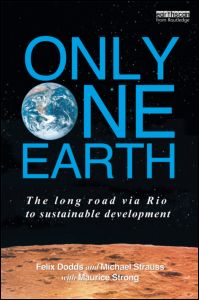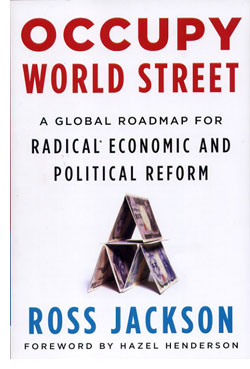Krishna's Cows: ISKCON's Animal Theology and Practice

King, Journal of Animal Ethics Vol. 2, No. 2 (Fall 2012), pp. 179-204
This article contributes to discussions of animal ethics by drawing on Hindu principles of non-violence to all life as practised by the worldwide Hare Krishna community, including cruelty-free permaculture.
































